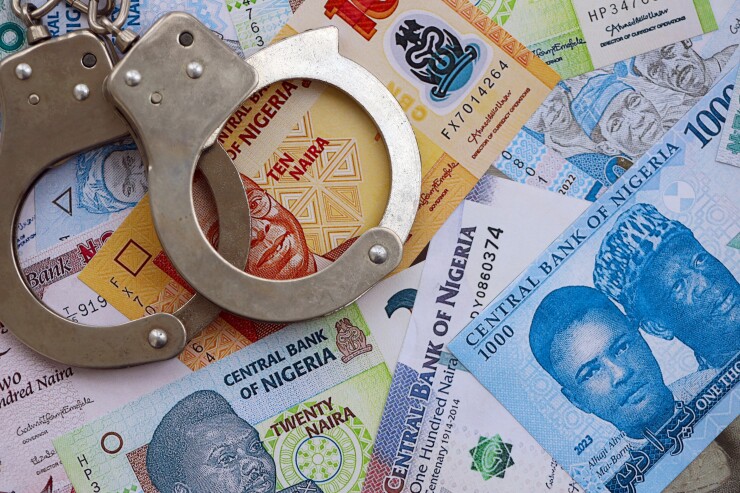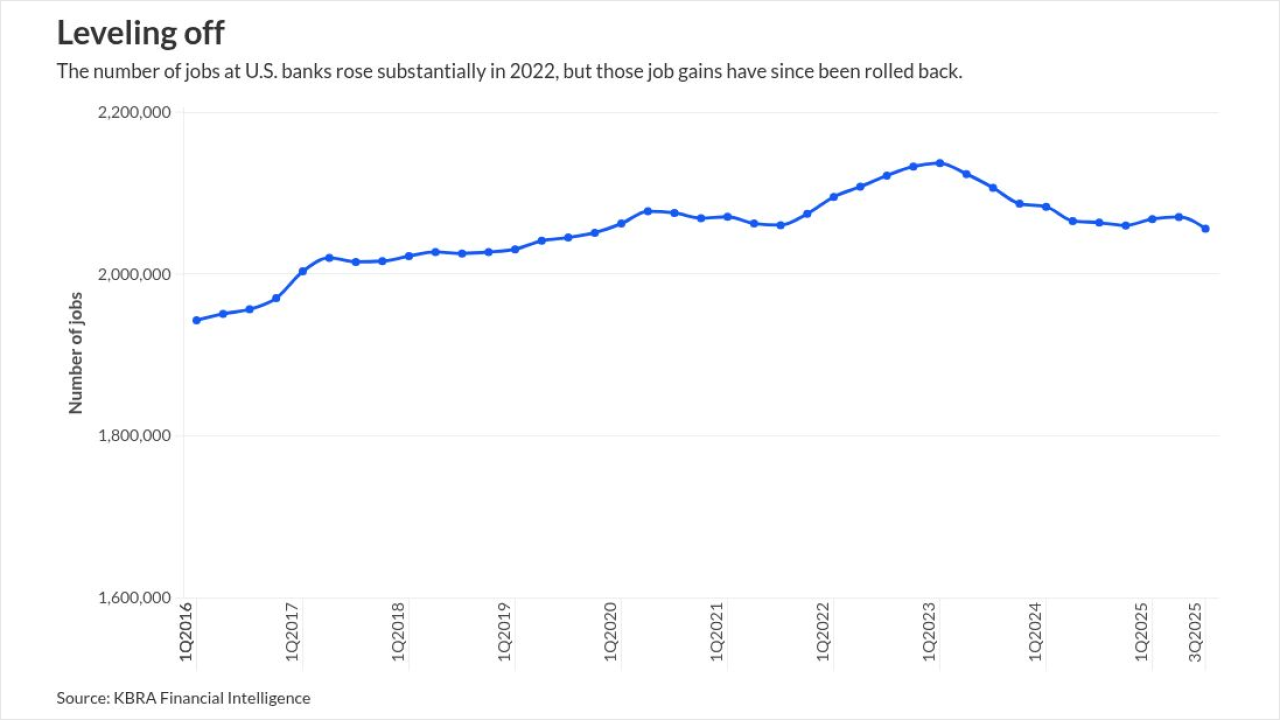A federal jury in Puerto Rico on Tuesday convicted Oluwasegun Baiyewu, 37, of Richmond, Texas, in a money-laundering conspiracy stemming from wide-ranging wire, mail and device fraud schemes that funneled illicit funds to Nigerian transnational organized crime groups through car part auctions.
While the total dollar value of the schemes is relatively small, prosecutors only cited amounts under $1 million, the scheme provides helpful insights for U.S. banks and credit unions seeking to enhance their fraud and money-laundering detection capabilities.
The internal workings reveal multiple points where financial institutions could identify and disrupt illicit activity, helping to make oft-cited advice from regulators and risk officers real.
The Department of Justice, in announcing the conviction, emphasized its commitment to targeting the entire cybercriminal ecosystem. Brett A. Shumate, assistant attorney general, said in
Understanding the scheme: A blueprint for detection
The convicted felons, including Oluwaseun Adelekan, Temitope Omotayo, Ifeoluwa Dudubo, Temitope Suleiman and Baiyewu, conspired to
These included romance scams, pandemic relief unemployment insurance fraud, and business email compromise scams, which disproportionately impacted
Here's how the scheme operated:
Fraud funds inflow and money mule networks
Criminal groups in Nigeria often coordinate with U.S.-based money mules, according to the prosecutors. These mules open bank accounts specifically to receive fraudulently obtained funds.
Scammers induced victims, such as in romance scams, to mail bulk cash and cashier's checks or wire money to accounts controlled by these mules.
For example, two victims were directed to mail money to Adelekan's and Omotayo's shared Staten Island address, and wire funds to an account at Investors Bank, controlled by Adelekan under a shell company, Olad Trading.
Unemployment insurance fraud involved fraudsters using stolen identifying information to falsely apply for unemployment insurance benefits. These benefits were loaded onto reloadable, prepaid debit cards, which they then used to purchase money orders.
Conversion to anonymized instruments
Upon receiving fraud funds, the initial recipients quickly withdrew the money as cash, money orders or cashier's checks. This step aimed to obscure the source of the funds and evade detection by law enforcement or banks.
Kelsey Williams, Baiyewu's ex-wife, testified that Baiyewu regularly had $5,000 to $20,000 in cash on him. Williams said she once witnessed him bring home over $100,000 in cash, raising her suspicions.
Baiyewu would buy money orders in batches of two or three from multiple places before delivering them to online auto auctions.
Structuring transactions to evade reporting
In a notable incident, a Navy Federal Credit Union representative observed Baiyewu attempting to deposit $12,735 in cash. When informed that a currency transaction report would be filed, Baiyewu immediately cancelled the deposit and left the bank.
This behavior, a clear red flag of structuring, aimed to avoid reporting requirements and detection. Financial institutions should flag such instances where customers reverse transactions upon learning about reporting obligations.
Trade-based money laundering through vehicle export
The core money laundering method involved purchasing salvaged vehicles from online auction sites, often vehicle auctioneer Copart, using fraud proceeds, and then shipping these vehicles to Nigeria.
Baiyewu, through his companies Shipopo Autos and Shipopo LLC, played a central role as a money broker and exporter. He would receive requests from Nigerian customers, often in Nigerian naira (due to Nigeria's restrictive dollarization policies), convert the naira to U.S. dollars, and then make payments to Copart or arrange for others to do so.
Baiyewu hand-delivered at least 31 money orders, totaling $30,088, to Copart car yards on five separate occasions in 2020. These structured payments went to the Copart account titled Emperor Auto Advantage, controlled by Blossom Eghaghe, a Nigerian individual.
Concealment and deception
Baiyewu lied to his ex-wife about his employment, claiming to be an engineer. He later admitted he made money buying and selling cars from auction sites, and records showed he did not report substantial income in 2019 despite supporting his family.
Conspirators often used encrypted communication apps like WhatsApp to coordinate their efforts, making it more challenging for law enforcement to access message content.
Transnational organized crime
The scheme involved Nigerian transnational organized crime groups. These groups have a "strong and constant need to move funds generated through these schemes back to perpetrators in Nigeria," according to prosecutors.
They often must move these funds in Nigerian naira rather than U.S. dollars, and this demand for converting U.S. dollars into Nigerian naira created a black market for currency and financial instruments.
For financial institutions, understanding these specific methods — from the use of money mules and shell companies to structured cash deposits and trade-based money laundering through vehicle exports — is crucial for developing more effective detection and prevention strategies.






